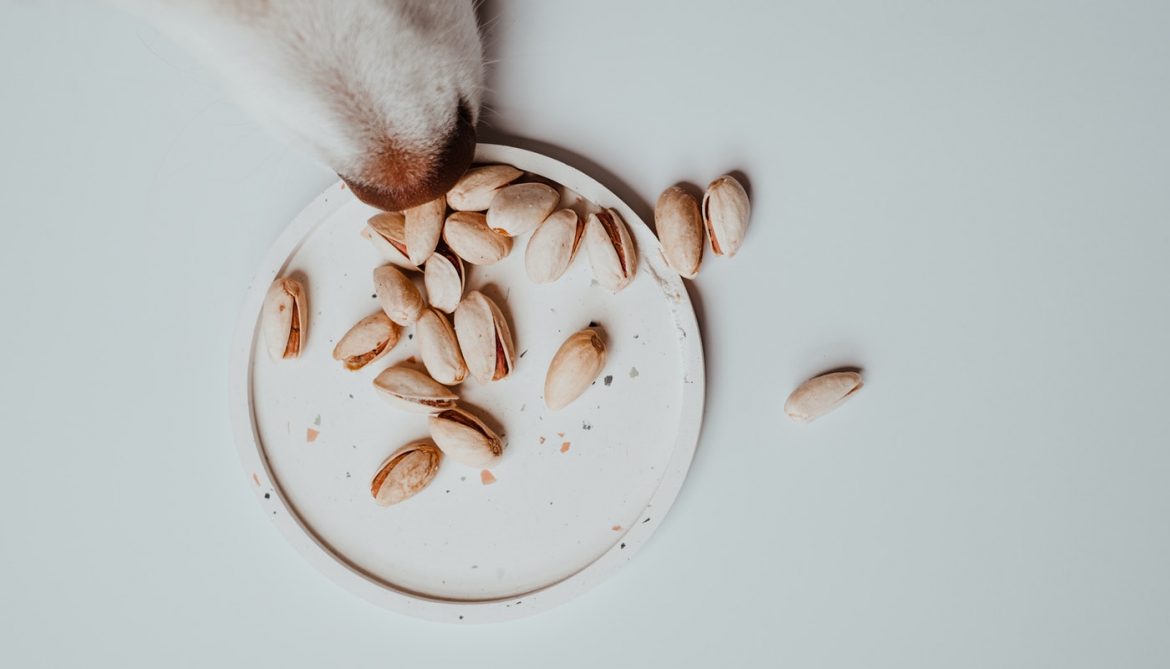Fats used to be demonised by the health literature for long. However, fats are not only an important, but an essential part of a dog’s daily diet. Like any food in our diet, making the right choice when picking fats for our dogs can make all the difference in their skin & coat and overall health.
Dietary intake of fats benefits our canine companion by supplying energy, essential fatty acids (EFA) and enhancing fat soluble vitamin absorption. Fats are the primary source of energy for dogs and should be provided in adequate amount for optimal health.
Benefits of including fats in your dog’s diet
It provides Energy, insulation, cushioning
It helps keep the coat & skin – shiny & healthy
It improves cognitive and neurological development
Healthy fats improve vision and eye health
It helps prevent & manage joint related issues
Recommended Allowance of fats in a dog’s diet
For adult dogs – minimum 13.8 gm per 1000 Kcal
For puppies – minimum 21.3 gm per 1000 Kcal
Types of Fatty Acids
It is important to understand the different types of fats and their relationship to inflammation. Not all fats are considered essential. In mammals, fatty acids can be saturated or unsaturated. Unsaturated fatty acids are further divided into monounsaturated fatty acids (MUFA) and polyunsaturated fatty acids (PUFA)
Saturated (SFA) and monounsaturated (MUFA) fatty acids can be derived from the diet or synthesised by a dog’s body. And hence, these fats are not considered essential part of a dog’s diet. A good source of SFA is Coconut oil, and that of MUFA is Olive oil.
The Essential Fatty Acids (EFAs)
Most often dog parents are not aware of what fats are essential for their dog’s proper growth & development, and end up feeding the type of fats which are not even an essential part of their growth.
The Essential Fatty Acids (EFAs) for dogs are the polyunsaturated fats (PUFAs). The types of PUFAs that are considered essential for dogs fall under two categories: Omega 6 and Omega 3.
Omega 6 includes Linoleic Acid (LA). Omega 3 includes Alpha-Linolenic Acid (ALA) and Eicosapentaenoic + Docosahexaenoic acid (EPA/DHA). Adult Dogs and Puppies need both Omega 6 and 3 fatty acids as part of their diet at all life stages, particularly the EPA & DHA
Linoleic Acid (LA) – It is the most abundant dietary fat, but should be fed in moderation because excess can lead to inflammation. Food sources – Sunflower seeds, Pumpkin seeds, Wheatgerm oil, Hempseed oil
Alpha-Linolenic Acid (ALA) – ALAs are mostly plant based such as flaxseeds, but they don’t convert well to EPA and DHA. They can be used as source of energy. Healthy sources of ALA are flaxseeds or flaxseed oil, chia seeds etc
EPA and DHA – are the most important fats of a dog’s and puppy’s diet. Dog parents should place special attention to these fatty acids and make sure to include them in their pup’s diet every single day. EPA & DHA are found in marine based foods such as fatty fishes and algae. You can also feed fish or krill oil for optimum source of EPA & DHA.
A dog’s brain is composed of 50 percent fat, and DHA makes up more than 90 percent of the long-chain PUFAs found in the brain. This explains why DHA is widely believed to play an integral role in the proper development and functioning of the brain.
A study done in 2012 evaluated the effects of DHA rich fish oil on cognitive, memory, psychomotor, immunologic, and retinal function and other measures of development in 48 healthy Beagle puppies. They found that it improved neurocognitive development; and cognitive, memory, psychomotor, immunologic, and retinal functions in the dogs. One of the most important function of EPA & DHA is reducing inflammation, and protecting against chronic diseases.
The best source of EPA & DHA are fatty fishes like Sardines, Mackerel & Anchovies. For adequate amount of EPA & DHA, make sure to add these fishes to your dog’s meals daily. If you cannot feed fishes your dog, don’t forget to add a fish oil! Make sure to buy a fish oil that is third party tested for heavy metals & PCBs.
Recommended Allowance of EPA & DHA
For adult dogs – minimum 110 mg EPA & DHA for every 1000 Kcal
For puppies – minimum 130 mg EPA & DHA for every 1000 Kcal
,

